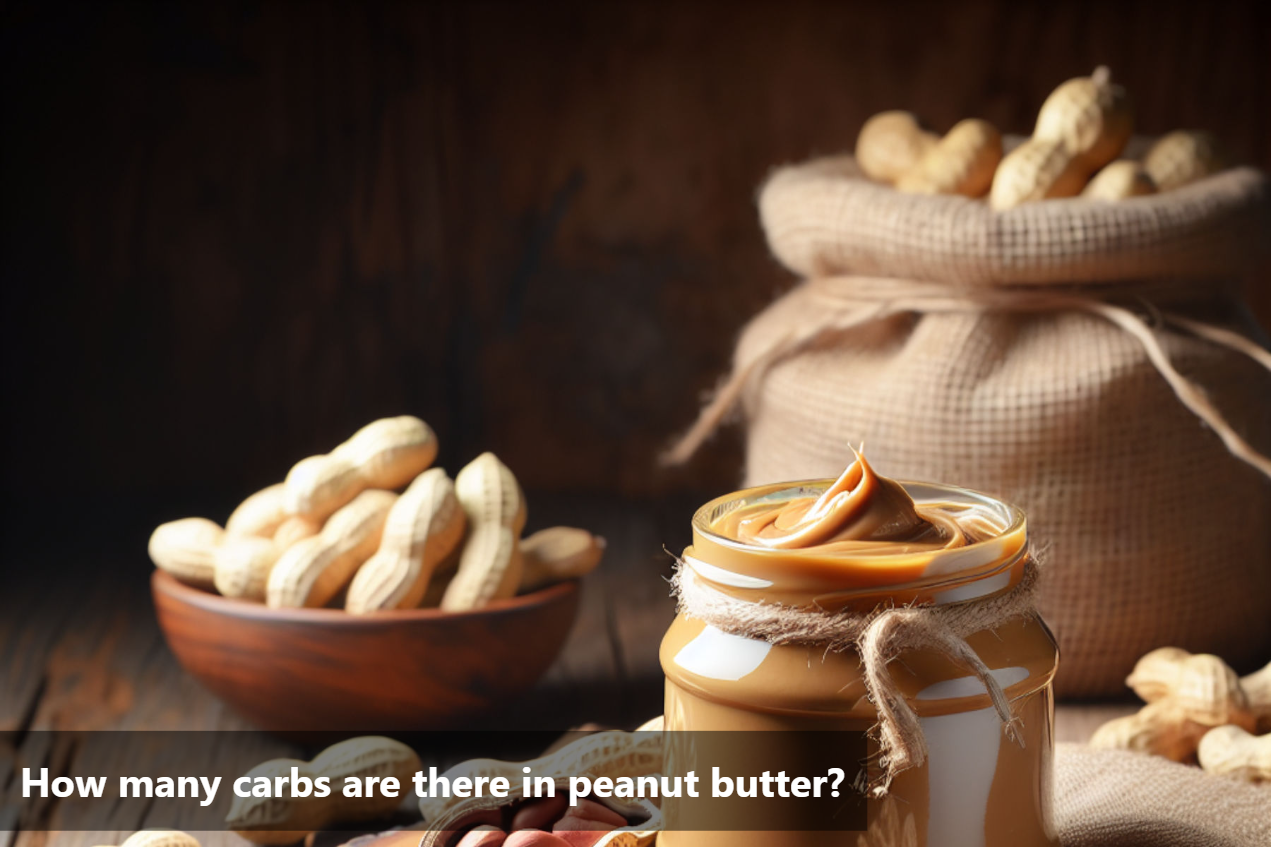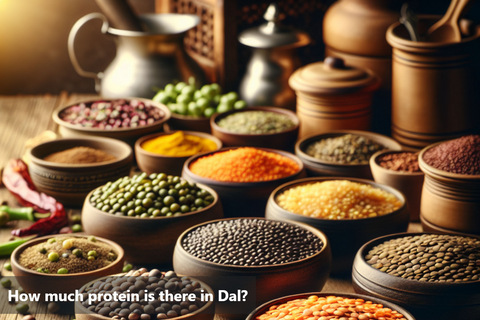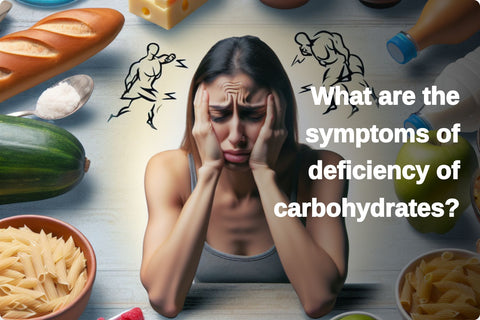
How many carbs are there in peanut butter?
Peanut butter has long been cherished as a versatile and delectable food item that has secured its place as a popular high-protein snack option among many individuals. When considering the nutritional aspect of peanut butter, one topic that often sparks curiosity is the content of carbohydrates present in this creamy spread.
Noteworthy about peanut butter is its reputation as a source of healthy fats and protein, which contribute to its satiating properties and energy-boosting benefits. It serves as a convenient snack or meal addition for those seeking a quick protein fix or a satisfying treat.
In the realm of nutrition, the discussion around the carb content in peanut butter becomes significant for individuals conscious of their carbohydrate intake. While peanut butter is known for its protein content, it does contain carbs, although in varying amounts depending on the type and brand. This variability can impact factors such as calorie count and macronutrient distribution.

Nutritional Profile of Peanut Butter
2 tablespoons (32g) of smooth peanut butter with added salt contains:
Calories |
190 |
Fat |
16g |
Sodium |
136mg |
Carbohydrates |
8g |
Fiber |
2g |
Sugars |
3g |
Protein |
7g |
Counting Carbs in Peanut Butter
Type |
Nutrients |
Benefits |
|---|---|---|
Natural Peanut Butter |
Natural peanut butter typically contains just peanuts and sometimes a bit of salt. It's rich in protein, healthy fats, fiber, vitamins (such as vitamin E), and minerals (such as magnesium and potassium) |
Natural peanut butter is free from added sugars and hydrogenated oils. It provides a good source of plant-based protein, healthy fats that support heart health, and essential vitamins and minerals. |
Regular Peanut Butter |
Regular peanut butter contains peanuts, oil, sugar, and salt. It provides protein, healthy fats, vitamins, and minerals, but may also contain added sugars and hydrogenated oils. |
While still a source of protein and healthy fats, regular peanut butter may not be as nutritious as natural varieties due to added sugars and unhealthy fats. It's best enjoyed in moderation. |
Low-Fat Peanut Butter |
Low-fat peanut butter is made by removing some of the natural oils from peanuts. It typically contains less fat but may have added sugars or other ingredients to enhance flavor and texture. |
Low-fat peanut butter may be lower in calories and fat content, making it suitable for those watching their calorie intake. However, it may also contain more added sugars and fewer nutrients than regular or natural peanut butter. |
Powdered Peanut Butter |
Powdered peanut butter is made by pressing roasted peanuts to remove most of the oil, then grinding them into a fine powder. It's lower in fat and calories but still provides protein, fiber, and essential nutrients. |
Powdered peanut butter is lower in calories and fat compared to traditional peanut butter. It can be reconstituted with water to create a spread similar in texture to regular peanut butter, making it a convenient option for those looking to reduce their calorie or fat intake. |
Organic Peanut Butter |
Organic peanut butter is made from organically grown peanuts without the use of synthetic pesticides or fertilizers. It provides similar nutrients to natural peanut butter, including protein, healthy fats, fiber, vitamins, and minerals. |
Organic peanut butter offers the same nutritional benefits as natural peanut butter but may also support environmental sustainability and reduce exposure to potentially harmful chemicals used in conventional farming practices. |
Flavored Peanut Butter |
Flavored peanut butter varieties may contain additional ingredients such as honey, chocolate, or spices, which can affect their nutrient content. |
Flavored peanut butter can add variety to your diet and may appeal to those with a sweet tooth. However, it's essential to check the ingredient list for added sugars or artificial additives that may detract from its nutritional value. |
Health Implications of Carbs in Peanut Butter
Carbohydrates in peanut butter play a significant role in impacting various aspects of our health. The carbs in peanut butter can affect blood sugar levels, weight management, and overall well-being. It is essential to understand how these carbs interact with our bodies to make informed choices about incorporating peanut butter into our diet.
When consuming peanut butter, it's important to consider its carb content, as this can influence blood sugar levels. The carbohydrates in peanut butter are instrumental in providing a source of energy, but they can also lead to fluctuations in blood glucose levels. Opting for natural peanut butter with no added sugars can help manage these fluctuations effectively.
Moreover, the carb content of peanut butter can have implications for weight management. Being mindful of the portion sizes and overall carb intake from peanut butter is crucial for those looking to maintain or achieve a healthy weight. Balancing carb consumption with other macronutrients is key to a well-rounded diet.
To incorporate peanut butter into a balanced diet while monitoring carb intake, consider spreading it on whole-grain toast or using it as a dip for fruits and vegetables. This versatile food can add flavor and texture to meals while providing essential nutrients.
By understanding the health implications of carbs in peanut butter, individuals can make informed decisions about their dietary choices and enjoy this nutritious spread in a way that best supports their well-being.

Understanding Peanut Butter: A Comprehensive Guide
Exploring the realm of peanut butter nutrition unveils the multifaceted nature of this beloved spread, shedding light on its macronutrient composition and showcasing how it aligns with different dietary preferences and goals. Whether consumed for its protein content, healthy fats, or overall deliciousness, peanut butter continues to hold its ground as a versatile and nutrient-rich food option.
It is essential to acknowledge the significance of understanding the carb content of peanut butter when incorporating it into a healthy diet. Awareness of how many carbs are in peanut butter can aid individuals in making informed dietary choices. Regular, natural, and reduced-fat versions offer different carb profiles, allowing for personalized consumption based on individual health goals.
It is pivotal to recognize the health implications of carbs in peanut butter on factors like blood sugar levels and weight management. By being mindful of carb intake, individuals can maintain a balanced diet while enjoying the nutritional benefits of peanut butter. Therefore, maintaining moderation and mindfulness in peanut butter consumption can contribute to a well-rounded and healthy diet.
This Blog post is an initiative by Lo! Foods, to provide accurate and Nutritionist / Doctor approved information related to Health. Lo! Foods is India's leading brand for Everyday Functional Foods. Foods designed for specific Health conditions or Needs. Lo! Foods also runs India's largest range of Low Carb Healthy Cloud Kitchens, under the brand names of Lo!, ProteinChef, ATH (All Things Healthy) and DiabeSmart.











Leave a comment
Your email address will not be published.